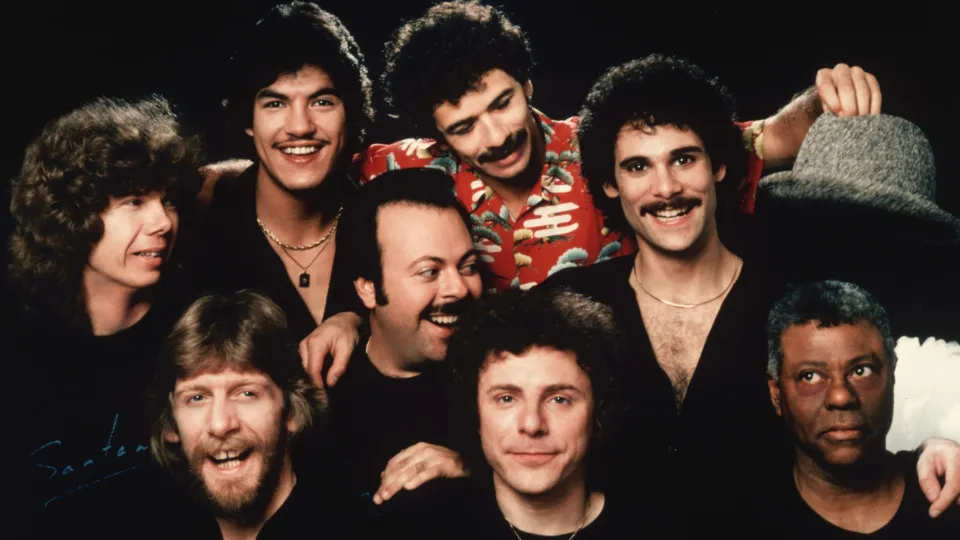These days, a multiracial band is no big deal. In fact, it's quite normal to applaud music made by a racially mixed act. But there was a time when it was rare to see white musicians performing alongside those of color. Fortunately, music has always been a great leveler, and as early as the 1940s there were those who refused to let racial prejudice stand in the way of a good tune.
Click through the following gallery and be reminded of the bands that helped harmonize the music scene.



